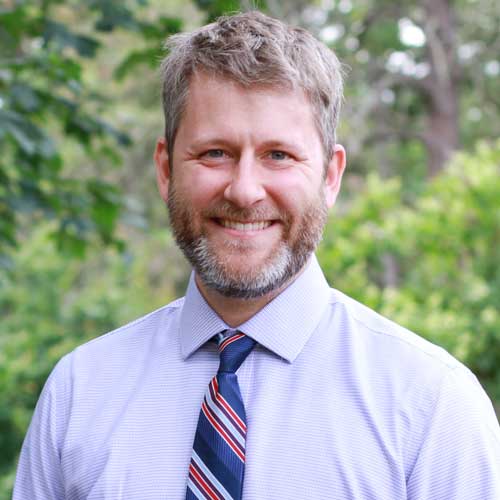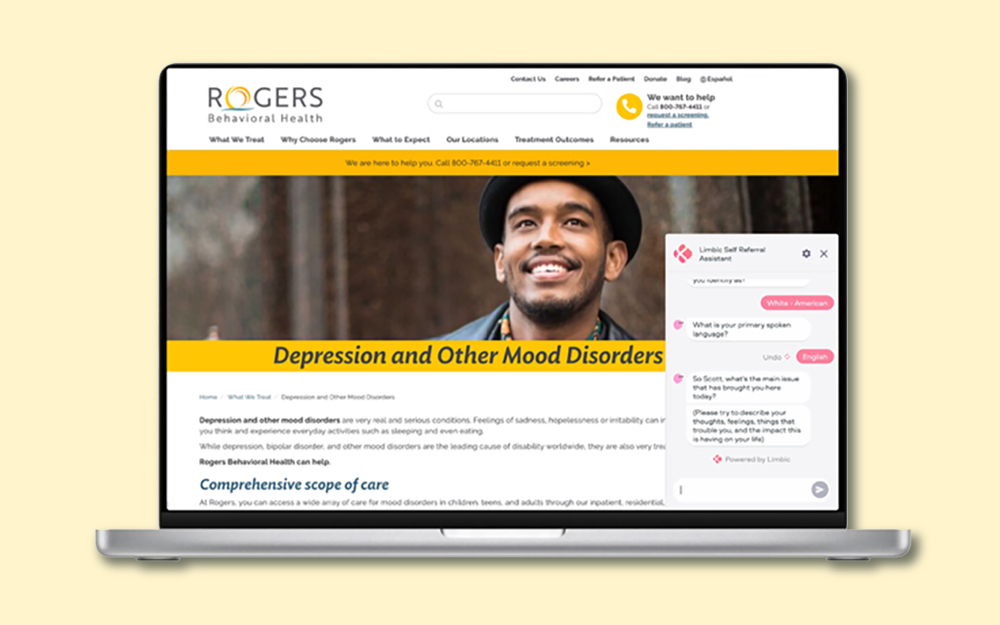
Well-Being Taskforce supports medical staff through trauma-informed initiatives
12/17/21 11:30:amSince launching in April, Rogers’ Well-Being Taskforce has been working on several initiatives to help medical staff reach their full personal and professional potential.

A rapid improvement event (RIE) took place in March to establish the Taskforce, with many of the involved staff joining on as members. (See sidebox for a complete list.)
“The response has been really positive,” Dr. Lowden says. “We’ve been able to accomplish a lot.”
For instance, the Taskforce established a peer support meeting, which has met several times this year. It is an opportunity for medical staff members to discuss difficulties they face in their roles, whether that be professional, personal, or institutional, and to hear candid perspectives from colleagues in a safe environment.
All medical staff members are invited, although attendance is not mandatory.
The Taskforce also began monitoring the well-being and distress level of employees using the Mayo Clinic Well-Being Index. The anonymous assessment, which was recently completed by about 45% of medical staff, asked open-ended questions, including:
- What’s one thing leadership could do to improve your well-being or help you disconnect when you’re not at work?
- What are the top two factors that contribute to your stress as a provider?
“We read through every word of the comments and brought it to the Practice Management Value Stream, trying to focus our objectives for the rest of the year,” Dr. Lowden says.

The Taskforce is sharing data regarding these anonymous findings with various parts of the System to promote awareness of what medical staff is experiencing and to establish upcoming RIEs to find solutions.
One particular RIE will look at creating a mentorship program in order to address the desire for more career support. For instance, a new provider interested in Addiction Recovery could be paired with a Rogers expert to gain valuable feedback and perspectives.
“We learned a lot from this first assessment, and we will try to launch it differently in the future hoping to get even more responses,” Dr. Lowden says.
Besides the survey results, the Mayo Clinic Well-Being Index provides various resources for employees, including mental health support and information related to other Rogers benefits.
Lastly, the other main initiatives of the Taskforce are critical incident support and provider-in-crisis support.
“The Well-Being Taskforce is there to support medical staff members, problem solve, and be an additional sounding board for critical events that can be traumatic and challenge their personal and professional identities,” Dr. Lowden explains.
The Taskforce will reach out to medical staff who have been involved in a critical incident or who have been identified as struggling for any reason. The Taskforce is also available at any time to help by contacting WellbeingTaskforce@rogersbh.org.
“We recognize that people who care for others can experience chronic stress, secondary trauma, substance use, and other mental health challenges,” Dr. Lowden says. “We are here to provide the needed support and resources for medical staff to persevere and grow through these challenges.”
If you have any questions, need support, or want to be part of the Taskforce, please email WellbeingTaskforce@rogersbh.org or any of the Taskforce members.
Well-Being Taskforce members
Christopher Lowden, MD
Rae Anne Ho Fung, PhD
Chad Wetterneck, PhD
Sue McKenzie Dicks
Kiah Allen
Keri Brown, PhD
Nancy Goranson, PsyD
Nathan Valentine, MD
Narissa Etwaroo, MD
Kara Bednarek





